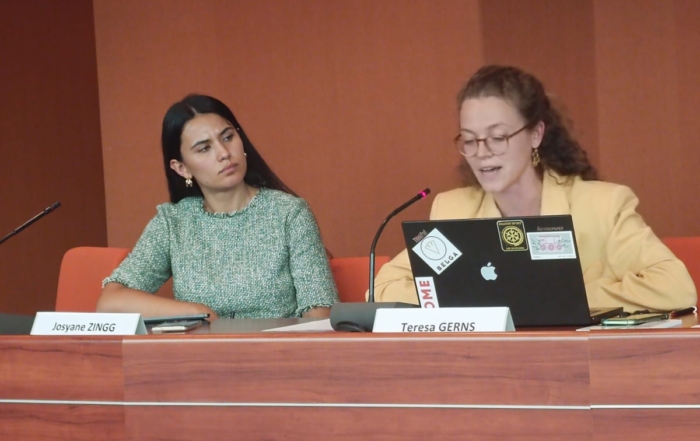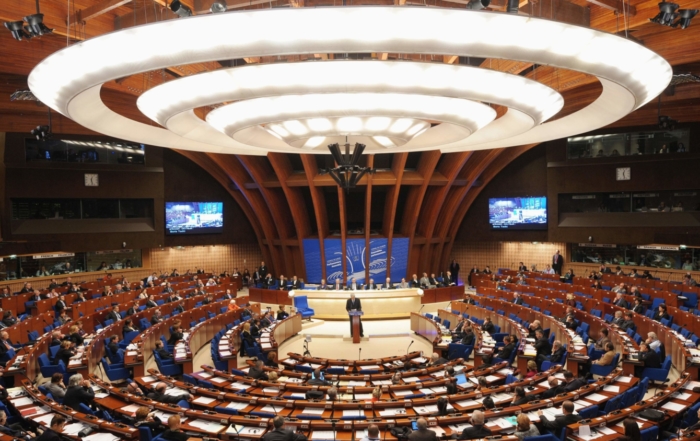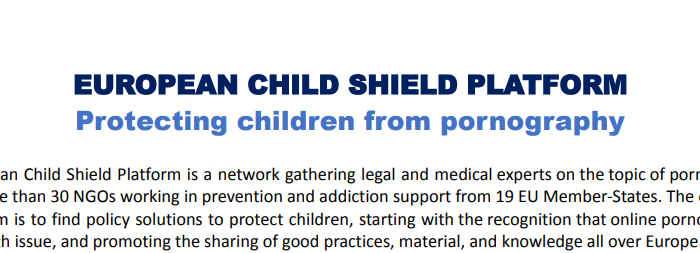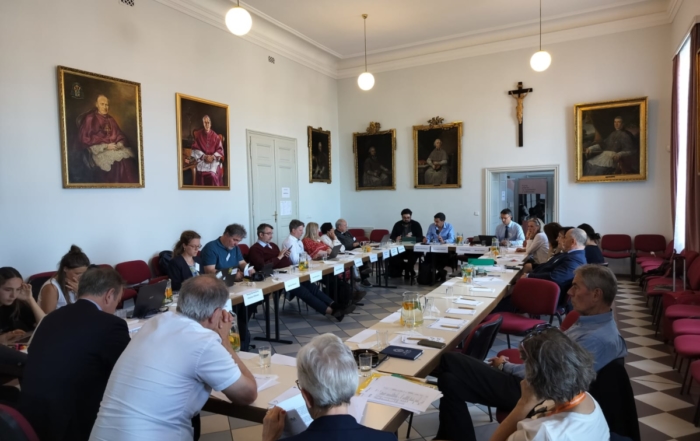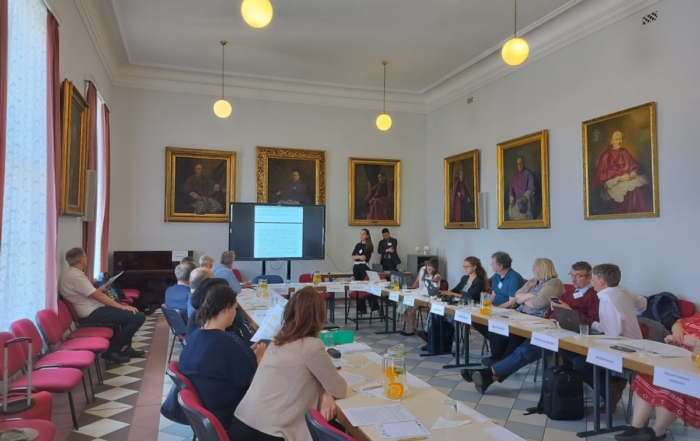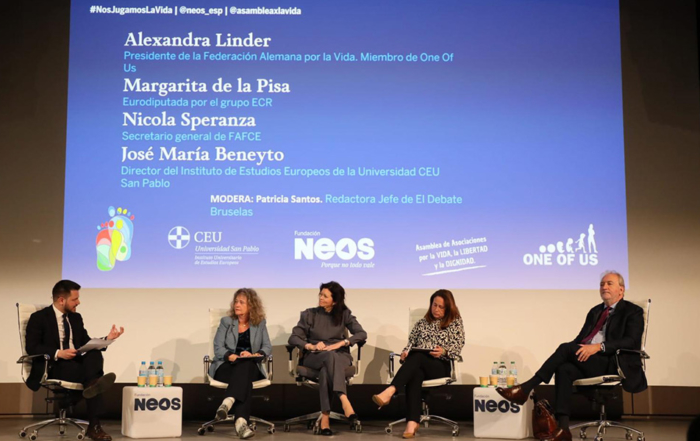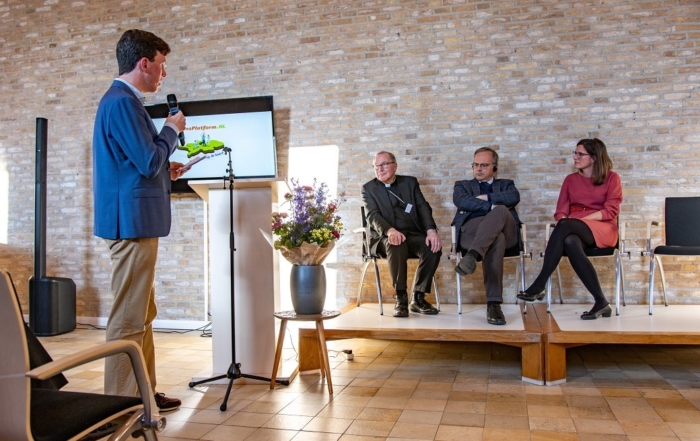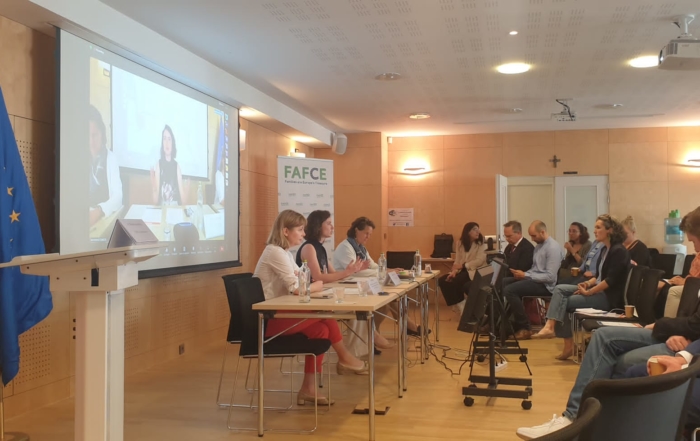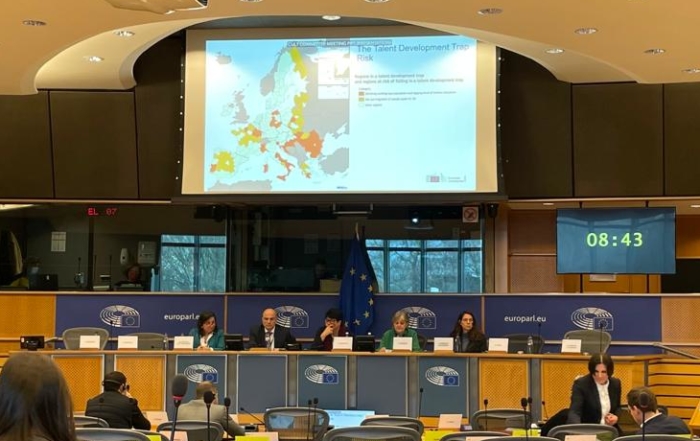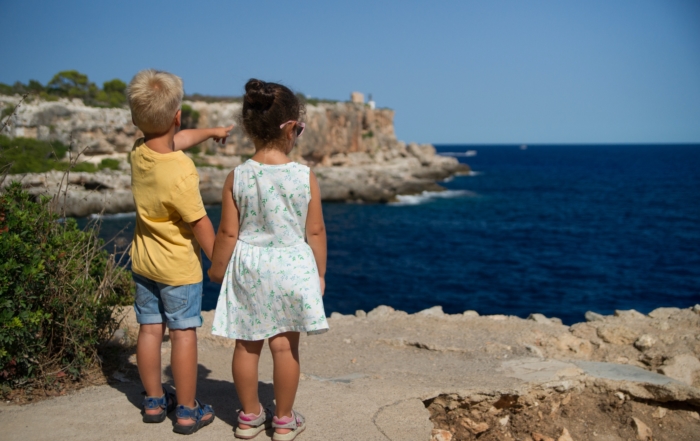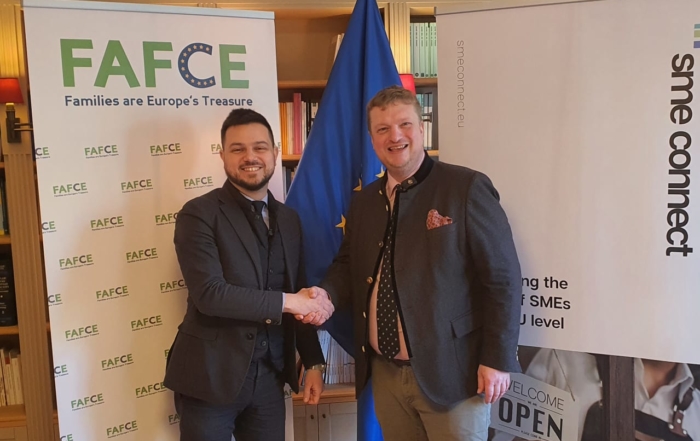European Institutions
In this page we will display all the activities done in the framework of the European institutions which affects directly or indirectly all families in Europe.
Resolution (93) 38 on relations between the Council of Europe and Non – Governmental Organisations (1993)
Resolution (2003) 9 Status of partnership between the Council of Europe and Non – Governmental Organisations (2003)
PRESS RELEASE FAFCE develops policy toolkit ahead of new European Parliament legislature
Brussels, 5th June 2024 FAFCE has developed a policy toolkit for elected Members of the European Parliament and EU institutions for the new legislative period, starting after this weekend elections (6th-9th June) all over
FAFCE intervenes at Council of Europe event on education and subsidiarity
Brussels, 30th May 2024 On Monday, Policy Officer Teresa Gerns intervened on behalf of FAFCE at an event at the Council of Europe. The event, entitled Education, Citizenship, Subsidiarity was held under the patronage
FAFCE welcomes inclusion of the ‘exploitation of surrogacy’ in human trafficking directive
Brussels, 28th May 2024 The Council of the European Union adopted a directive on Monday focused on the topic of human trafficking. Building on the already existing directive, the latest addition includes "the exploitation
European Child Shield Platform publishes advocacy document
Brussels, 23rd May 2024 The European Child Shield Platform is encouraging stakeholders and politicians in Europe to raise awareness about the destructive impact of sexual abuse material online. FAFCE, working with a range of
PRESS RELEASE Integral ecology needs at its core the recognition of the family
Brno, 15th May 2024 Today, on International Day of Families, FAFCE passed a resolution on the centrality of the family in the ecological transition. Hosted by FAFCE's Czech Member organisation in Brno, the Spring
FAFCE 2024 Spring Board Resolution I Integral human ecology needs at its core the recognition of the family
Brno, 15th May 2024 The Federation of Catholic Family Associations in Europe (FAFCE) invites all candidates to the European Parliament elections, European institutions and all national governments to put families at the centre. There
FAFCE Prepares for Spring Board Meeting
Brussels, 8th May 2024 On the 14th May, FAFCE's staff, board, representatives from incoming members and present members will congregate for their Spring Board Meeting. FAFCE's Czech member organisation, the Family Union, will host
FAFCE contributes to Madrid conference for “the soul of Europe”
Brussels, 30th April 2024 On Monday 29th April, FAFCE Secretary General Nicola Speranza intervened at a conference in Madrid organised by the NEOS Foundation. The conference was entitled We are risking our lives: the
FAFCE co-hosts conference on the family in the Netherlands
Brussels, 25th April 2024 On Monday FAFCE co-hosted a conference in the Netherlands on family policy and the European Union. Co-organised by FAFCE member Family Platform (Gezinsplatform) and the Growing Up Symposium (Opgroeisympsosium), the
Take-aways of FAFCE conference on the European Year of Skills 2023: a call to recognise family skills
2nd of June 2023 On the occasion of the European Year of Skills 2023, FAFCE and its partners organised on the 31st of May 2023 the dialogue conference: “Grounded in the Present, skilled for the
INVITATION I Invitation to the award ceremony of FAFCE European Art Contest
23 May 2023, The Federation of Catholic Family Associations in Europe (FAFCE) is happy to invite you to European Parliament award ceremony of the Saint Joseph European Art Contest 14 June 2023 (18.00 –
FAFCE President contributes to ‘The Family as a Relational Good: The Challenge of Love’ publication by the Pontifical Academy Of Social Sciences
21 April 2023, The Pontifical Academy of Social Sciences published a common contribution of stakeholders that attented its 2022 Plenary Session, to which Vincenzo Bassi, FAFCE President, contributed. The Plenary session focused in 2022
FAFCE contribution to the European Commission’s initiative on “Defending European Democracy”
14th of April 2023, FAFCE welcomed the initiative of the European Commission on “Defending European Democracy” “to strengthen resilience to covert foreign interference in our democratic life and encourage civic engagement in our democracies”
Exchange of views on “Harnessing talent in Europe’s regions” at the European Parliament
Brussels, 29th of March 2023 On the 27th of March 2023, FAFCE attended an exchange of views between the Culture and Education Committee of the European Parliament and Mrs. Elisa Ferreira, EU Commissioner for
FAFCE calls the European Commission to include surrogacy in the review of its EU Directive on human trafficking
24 March 2023, FAFCE contributed to a call for feedbacks of the European Commission following its proposal to update of its 2011 Directive against human trafficking, very much welcomed in light of the evolution
FAFCE contributes to the public consultation on the 2023 Strategic Foresight Report
14th of March 2023 Long-term changes are having a profound effect on the lives of Europeans. The European Commission therefore includes in its work an effort to embed strategic foresight: "Foresight is the discipline
2023 European Day for a Work-Free Sunday: Synchronised quality resting time for an improved mental health of workers
2023 European Day for a Work-Free Sunday: Synchronised quality resting time for an improved mental health of workers 3rd of March 2023, On the occasion of the 2023 European Day for a Work-free Sunday
PRESS RELEASE | Cooperation agreement between FAFCE & SME Connect: Together for a more sustainable Europe
PRESS RELEASE Cooperation agreement between FAFCE & SME Connect Together for a more sustainable Europe Brussels, 1st of March 2023 “The digital and the green transitions cannot be dissociated from the demographic transitions, we are


